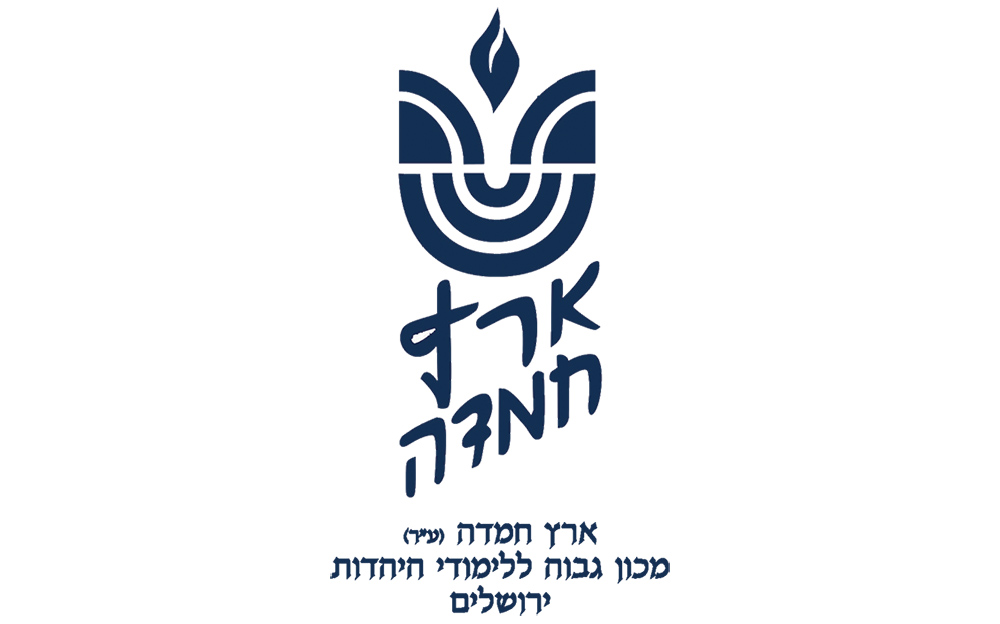
לעילוי נשמת
יואל אפרים בן אברהם עוזיאל זלצמן ז”ל
Question: Recently, my mother had a hip replacement and needs help walking to the bathroom. May she ring a (cow) bell Shabbat night to wake me up? If not, and she goes on her own, it could be very dangerous.
Answer: The mishna (Beitza 36b) forbids dancing and clapping on Shabbat, as it could lead to fixing a musical instrument (Gemara ad loc.). It is certainly forbidden to play a musical instrument, but the question is how far to take that.
The Gemara (Eruvin 104a) relates that Ulla forbade making purposeful sound of any sort with an instrument on Shabbat. Rava said it is forbidden only to make a “sound of song,” (pleasant sounds—even if not musical—are included [see Rashi ad loc.]). Presumably, ringing a cowbell is forbidden according to Ulla and permitted according to Rava. So, like whom do we pasken?
The Beit Yosef (Orach Chayim 338) summarizes as follows: Although the Yerushalmi seems to concur with Ulla’s approach, the Rif and the Rambam (Shabbat 23:4) accept the lenient opinion of Rava. The Beit Yosef introduces the Agur’s compromise opinion (based on the Maharil): it is forbidden to make even a non-musical sound with any instrument that is made for the purpose of making sounds, even a non-musical instrument. The Beit Yosef is puzzled by this opinion, as it appears too lenient for Ulla and too stringent for Rava.
Although the Shulchan Aruch (Orach Chayim 338:1) does not bring the Agur’s compromise as halacha, the Rama (ad loc.) does. Thus—according to the Rama—although one may bang with his fist on a door with the intention to make a noise (as long as it is not to a beat), he may not do so with a door knocker or ring a cowbell, which is made for that purpose. Thus, it is permitted for Sephardim to use a door knocker (see Yalkut Yosef ad loc.:12) and forbidden for Ashkenazim (Shemirat Shabbat Kehilchata 28:35). The same is true for a cowbell—or the like—to get the attention of someone in a different room.
For Ashkenazim, the question is whether need will make it permitted. The Biur Halacha (to 338:1) reasons that in the case of a non-musical use, the prohibition for Ashkenazim is based on “uvdin d’chol (activities related to those forbidden on Shabbat),” which makes it permissible to use the door knocker when there is no other way to get into the house to sleep. The Shevet Halevi (IX:76) went back to the source of the Agur’s chumra (stringency), where the Maharil (Shut Chadashot 38), who categorizes it as avsha milta (a weak and somewhat subjective problem—a development beyond our scope) and treats the prohibition as a chumra, which he was matir, in a case of mitigating circumstances about which he was asked.
The need of your mother—who is both infirmed and has concern for falling—which, indeed, is dangerous, is even greater. Therefore, the sources above indicate that she may use a cowbell. On the other hand, the Biur Halacha says that it is best done with a shinui (unusual use of the body). He also says that it is permitted only when one has neglected to provide a preferable alternative. One alternative that poskim raise concerning door knockers is to use a different one from what he uses during the week (found in the Mishna Berura, 338:7, and accepted by the Shemirat Shabbat Kehilchata (23:46). You can, thus, use a different noisemaker for Shabbat. Presumably, you could probably find a setup with an object that is not made for making noise (e.g., a metal tray and spoon, if it is loud enough) or obviate the matter by sleeping in the room.
The question is whether you should make the effort to come up with any halachically preferable alternative. The original Gemara says that in the case in which the noisemaker is forbidden, it is permitted for a choleh—sick person (e.g., to help him fall asleep). It is unclear whether the Gemara’s permission for a choleh is only when there is no viable alternative for the choleh, or is it that for a choleh, the prohibition does not exist? The latter approach is stronger regarding a non-musical instrument, which has a particularly weak basis. Therefore, we do not want to complicate matters or disturb your mother by having her worry about an alternative to the cowbell, unless it is simple and as effective.
This column is written by Rabbi Daniel Mann on behalf of the Eretz Hemdah Institute in Jerusalem, which trains dayanim and has many projects on behalf of klal Yisrael, including its “Ask the Rabbi” service in conjunction with the OU. Rabbi Mann is a dayan at Eretz Hemdah, a senior member of the “Ask the Rabbi” project, and author of its “Living the Halachic Process” series. He is also a Ram at Yeshiva University’s Gruss Kollel in Israel.












